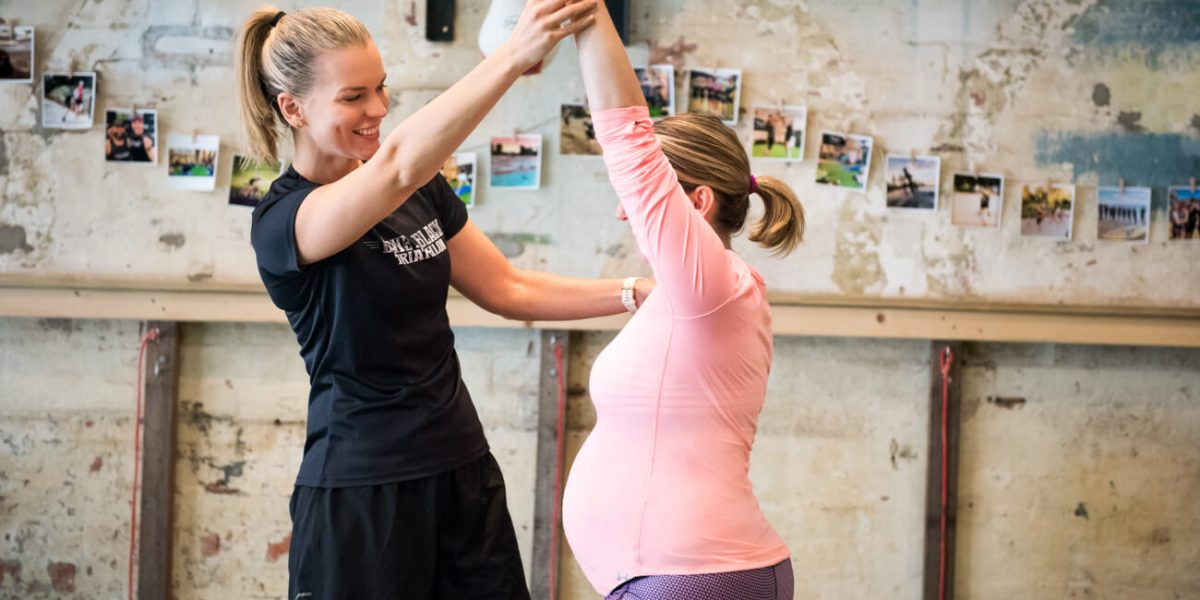The world of triathlon and endurance training has been growing exponentially over the last couple of decades. This not only applies to types of races, bicycle choice or clothing options, but it is also true for the types of athletes and coaches coming from wide ranging backgrounds and personalities.
All competitors, before being athletes, are human emotional beings, and as such will always have unique ways of communicating with their coaches, teachers and the people around them. Being able to find the best coach that suits your personality type will not only become beneficial towards your athletic objectives but is also crucial in the way athletes find their true potential.
The balance between Art and Science
Coaches come in many different packages and, depending on their knowledge and experience, they will rely more heavily on either the science the artistic way of coaching. There is no right or wrong when it comes to this and a skilled coach will understand that relying solely on one of the two areas will prove catastrophic as the quality of training will end up being completely damaged.
The Science of Coaching: As it implies, the scientific side of coaching has to do with a method mostly based on what can be measured. A coach relying on this will speak in terms of threshold, will understand the importance of a very well-structured plan and how this affects the athlete. This scientific way of seeing the sport will be based on continuous research and update on current training methodologies as well as proven results.
Scientific FTP test Example: A Coach who understands the value of an FTP test, how this will affect the next couple of weeks in terms of planning and creates a plan purely based on what the athlete can produce in a certain amount of time. This coach will spend hours looking at a 20-minute FTP test to understand what can be done to improve and develop the best outcome in a near future.
The Art of Coaching: The artistic was of perceiving the sport is more based on what can’t be seen by the eye or measured by a watch; it is seeing the athlete as a human with thoughts, emotions and questions. This coach will be aware on the way the body moves, the expression in the athlete’s face, the thoughts that are expressed and the qualitative areas of the sport.
Artistic FTP test Example: A Coach who sees what is behind the test, the athlete who comes from a different discipline, who might not understand how a 100% effort feels, or who feels uncomfortable being “evaluated” and needs some emotional support. This coach will spend some extra time talking with the athlete, creating a better connection and making sure that in a near future the athlete will have enough confidence and understanding of their own body to perform at their best level.
Both sides are extremely important for a coach to be effective. The scientific method is crucial to keep an organised method, to see the progression based on data and create conclusions based on that. This way a proper program can be created towards a specific objective and the athlete’s process will be backed by years of research. The artistic side will help create that proper impact in the athlete and the engagement with the training process and with the coach as well. What the right balance looks like might change depending on whom you ask.
It has to be mentioned that there is not a better combination or a better balance for a coach’s personality, this varies from person to person. It varies and develops over time in the way they develop and communicate their training methodologies towards athletes and how each of them receives such training in the best possible way.
Luckily for Melbourne Triathlon, at Davey Black we are in the fortunate position to have a wide variety of coaches who can individually communicate from different points of view with different types of athletes and as a group we can cater to all interests and goals. Having different but complimentary views around your training will ensure that you, as an athlete, will have a continuous and proper feedback around your progress from a quantitative, qualitative and psychobiological point of view.

